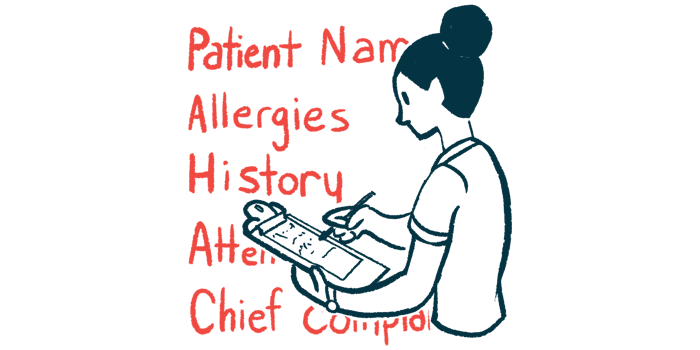FSHD patients sought for first clinical trial testing EPI-321
First patient now dosed with therapy targeting disease's root cause
Written by |

Enrollment is now ongoing in a first-in-human trial testing EPI-321, an epigenetic therapy designed to address the root cause of facioscapulohumeral muscular dystrophy (FSHD), a disease type in which symptoms like muscle weakness typically become apparent by adulthood.
The Phase 1/2 clinical trial (NCT06907875) is expected to enroll nine people with FSHD, ages 18-75, all of whom will receive a single infusion of EPI-321 at one of two doses. The study’s main goal is to evaluate the safety of the experimental treatment.
Recruitment is underway at study centers in the U.S. and New Zealand, with a third site in Australia also expected to open. Initial results are expected in early 2026.
Epicrispr Biotechnologies, the company developing EPI-321 and sponsoring the clinical trial, announced this week that the first participant has been dosed.
“EPI-321 represents the start of a new chapter where we’re finally evaluating a therapy that targets the underlying cause of FSHD,” Amber Salzman, PhD, CEO of Epicrispr, said in a company press release. “We’re thrilled to dose our first patient, which is a milestone for our team and more importantly, a sign of hope for patients and families waiting for meaningful treatment options for this progressive neuromuscular disorder.”
As its name suggests, FSHD is marked by weakness and wasting that mainly affects muscles in the face (“facio”), shoulders (“scapulo,” referring to the shoulder blade or scapula), and upper arms, (“humeral,” referring to the humerus, the uppermost bone in the arm that connects shoulder to elbow).
No therapies are available to slow FSHD progression
The disease is caused by mutations that result in a gene called DUX4 being active in cells when it normally isn’t, leading to abnormal protein production that damages muscle cells and ultimately drives disease symptoms. There are no approved therapies that can slow the progression of FSHD.
EPI-321 is designed to turn off the abnormal DUX4 gene by epigenetics — that is, changes in gene activity that do not alter the DNA sequence itself. Normally, the DUX4 gene in muscle cells undergoes an epigenetic change called hypermethylation, a chemical modification that causes the gene to be inactive. In FSHD however, the DUX4 gene is abnormally active, leading to the production of DUX4 protein that is believed to be toxic to muscle cells.
For decades, patients and families have carried the burden of a disease with no treatment that addresses its root cause. … The dosing of the first patient with EPI-321 represents more than scientific progress — it represents a turning point in the lives of those who have waited far too long.
Mark Stone, CEO of the FSHD Society, said the start of clinical testing for EPI-321 “is a deeply significant moment for the FSHD community.”
“For decades, patients and families have carried the burden of a disease with no treatment that addresses its root cause. They’ve shown resilience, courage, and unwavering hope,” Stone said. “The dosing of the first patient with EPI-321 represents more than scientific progress — it represents a turning point in the lives of those who have waited far too long. We commend Epicrispr for advancing a bold and innovative approach that brings new possibilities and real hope to families around the world.”
According to Epicrispr, EPI-321 has demonstrated robust suppression of DUX4 activity and protection of muscle tissue in preclinical studies.
The U.S. Food and Drug Administration has awarded the experimental treatment fast track, rare pediatric disease, and orphan drug designations. These designations aim to incentivize the development of treatments for rare diseases and serious diseases.





